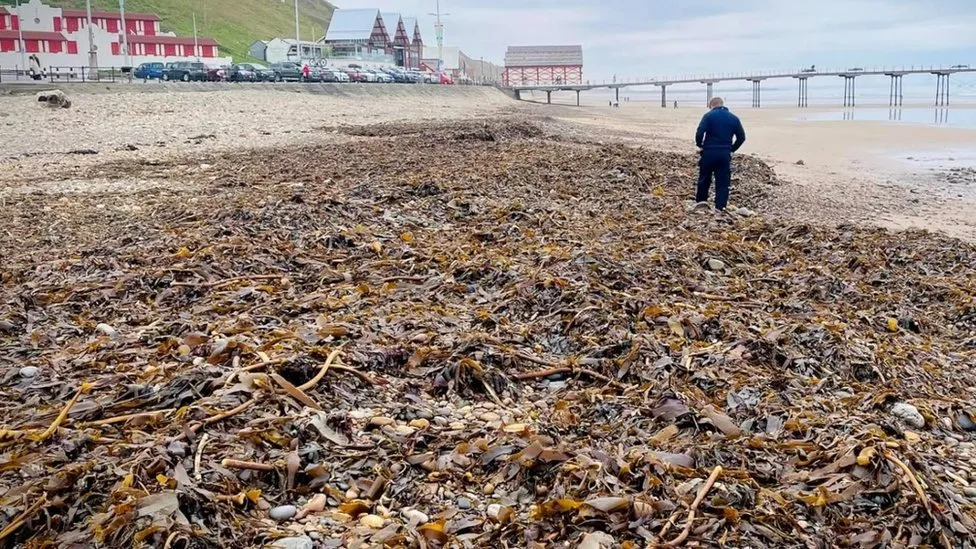The MMO have launched formal consultation on a proposed byelaw prohibiting bottom towed fishing over rock and reef in 13 offshore MPAs.
This is part of Stage 2 of our work to manage fishing in England’s offshore MPAs by the end of 2024, and follows a technical assessment of the impact of bottom towed gear fishing on rock and reef MPA features. In parallel to the Stage 2 formal consultation, they are running a ‘call for evidence’ to seek input on the evidence base they will use for Stage 3. Stage 3 will involve the assessment and management of fishing in all remaining offshore MPAs with seabed features. This is a total of 41 MPAs (28 ‘new’ sites, plus remaining fishing/features in the 13 Stage 2 sites). Both the consultation and call for evidence will run for ten weeks and will close at midnight on 28th March.
If they decide to proceed with the Stage 2 byelaw, the next steps will be for MMO to make the byelaw and submit it to the Secretary of State for confirmation, which is required before it can come into force. The next steps for Stage 3 will be to carry out site-level assessments for each MPA, and where management is necessary, draft and consult on byelaws. Stage 4 will involve the assessment and management of fishing in the 5 English offshore MPAs designated for birds and harbour porpoise. They plan to launch a Call for evidence for Stage 4 in the summer.
The Stage 2 formal consultation, proposed management and supporting information can be found at https://consult.defra.gov.uk/
The call for evidence and supporting information can be found at https://consult.defra.gov.uk/
























